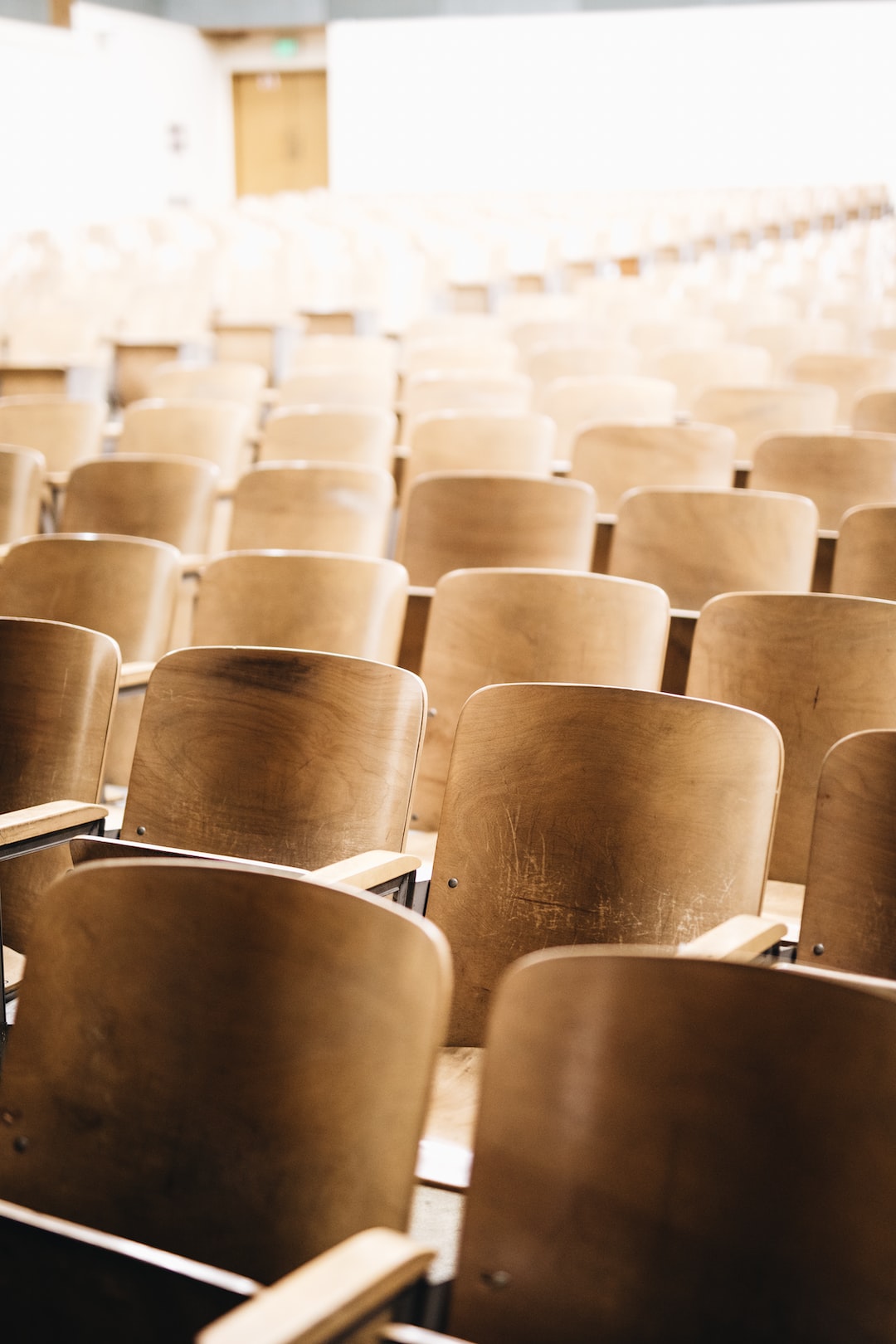The role of music in education cannot be overstated. It goes beyond just entertainment and making people dance. Music has been known to have a transformative effect on human beings, especially when it comes to educational activities. Music is an artistic expression of human emotions, and it’s an effective way to introduce children and young adults to various cultures and traditions. This article highlights the role of music in education and its impact on learning.
Music helps children to concentrate:
Music has been shown to assist children in focusing better. Music can help children develop their cognitive skills, especially when they are engaging in complex activities such as problem-solving, critical thinking, and mathematical activities. When a child is focused on a particular melody or rhythm, it helps to drown out any other distractions and enables them to concentrate better.
Music helps with memory retention:
Many people have experienced the potency of music to evoke powerful memories or emotions. Music has been shown to stimulate the brain in powerful ways, and it’s a great way of remembering information. Scientific research indicates that integrating music in the learning environment improves memory retention.
Music improves language skills:
Music has a powerful impact on language development. Music helps children to learn and remember words and phrases better. When young children learn songs, they are exposed to different pronunciation, tones, and accents in ways that are difficult to achieve through language learning alone. This exposure helps to improve their language skills. Music can also be a fun way to teach children a new language. When young adults study music in a foreign language, it helps to reinforce the language skills they have learned.
Music promotes creativity:
Music is an art form that encourages creativity and self-expression. Music encourages young people to think creatively and try new things. It allows them a safe space to express their emotions and engage in authentic self-expression. This type of creativity spills over into other aspects of learning and helps students discover different approaches to learning with curiosity and confidence.
Final thoughts:
In conclusion, the role of music in education is significant. Music helps to improve memory retention, concentration, language skills, and creativity. It’s a powerful tool that can be used to enhance the learning experience and create a more well-rounded education. Teachers and parents should work together to integrate music in the learning environment to give young people more opportunities to learn and grow. The impact of music on education is enormous, and it should be given more attention in the educational system.

